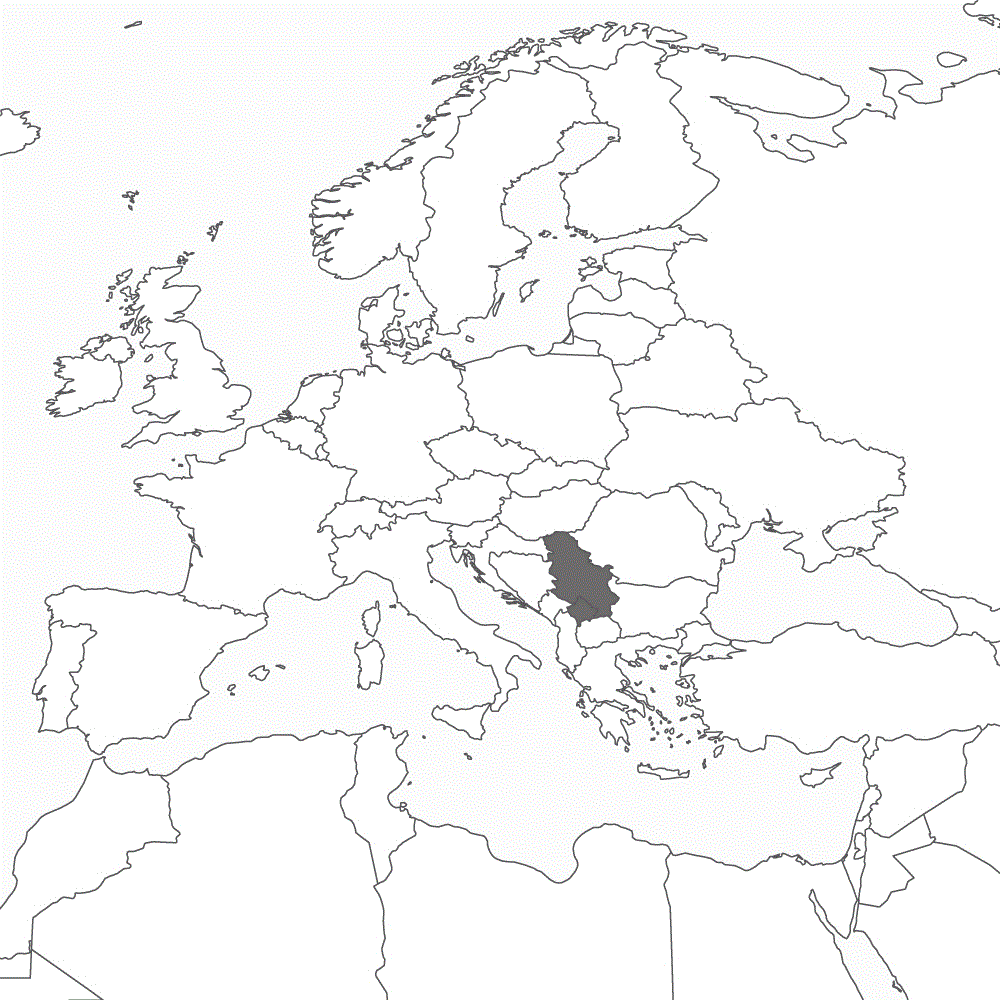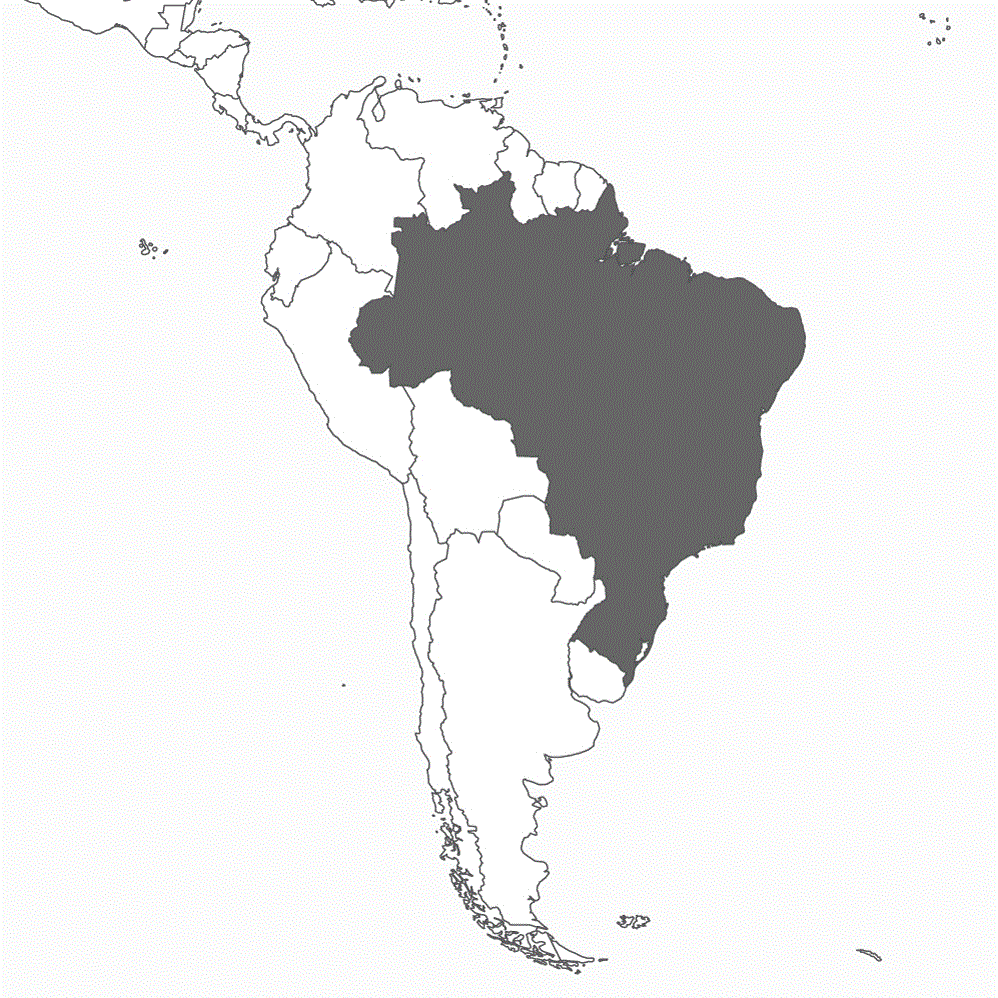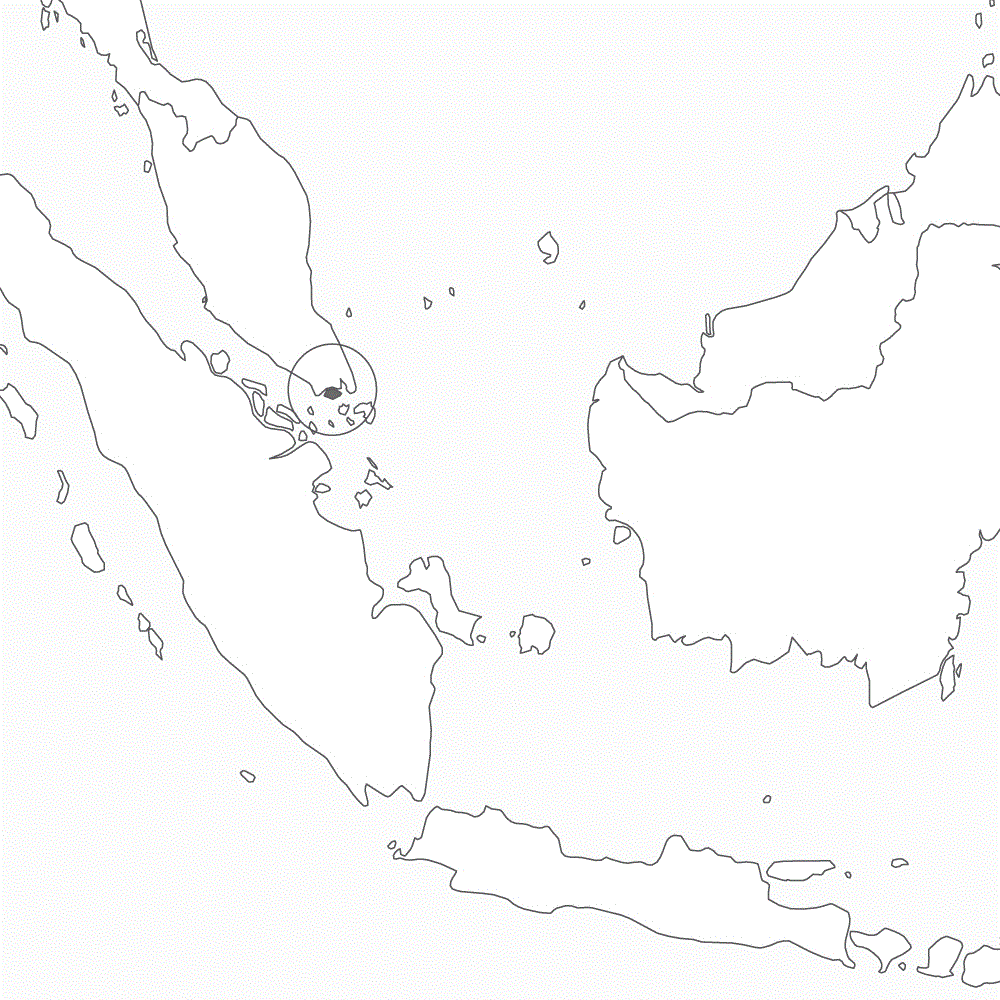Tactical Maneuvers in Kosovo
The EU attempt to loosen Serbia’s ties to Russia with tactical maneuvers but got stuck. Experts demand that China’s influence in Serbia also be weakened.
BERLIN/BELGRADE (Own report) – The EU’s attempt to use tactical maneuvers in Kosovo to loosen Serbia’s traditional ties to Russia have gotten stuck in the runup to today’s EU summit meeting. Trying to win Belgrade over to the West, the EU and the USA have unexpectedly taken Serbia’s side in the recently escalating violent conflict between the Serbian-speaking and Albanian-speaking populations in northern Kosovo. Serbia’s recent activities of scaling back its purchases of Russian raw materials and weapons appear to be an attempt to somewhat detach itself from the traditional Russian influence. However, the EU has so far failed to defuse the conflict in northern Kosovo to Serbia’s advantage. The Berlin-based German Institute for International and Security Affairs (SWP) has now warned that not only Russia but also China has considerably increased its influence on non-EU members in Southeastern Europe and has become the single largest investor, particularly in Serbia. To oust China, SWP recommends that the EU denounces "dirty" investments from the People’s Republic. Read more
EU’s Latin America Offensive (II)
EU launches new Latin America offensive – against Russia and China – with a new Latin America strategy and the Commission President’s trip to the subcontinent.
BRUSSELS/BUENOS AIRES/BRASÍLIA (Own report) – With a new Latin America strategy and the Commission President’s long-announced visit to four countries of the subcontinent, the EU has launched a new Latin America offensive. The strategy is intended to make up for Europe’s loss of influence in Latin America vis-à-vis China and to realign the region’s countries firmly on the side of the West in its power struggle against Russia. To achieve this, it is planning regular summit meetings between the EU and the Community of Latin American and Caribbean States (CELAC). On her visit to Brazil, Argentina, Chile and Mexico last week, Ursula von der Leyen was seeking to improve the EU’s access to Latin American natural resources – from lithium to green hydrogen. It is evident that resistance to European encroachment is getting stronger in Latin America – for example, against provisions of the EU free trade agreement with Mercosur that are unfavorable to its members. Resistance is also growing to the EU’s efforts to enforce measures to isolate Russia. In reference to Western wars, Brazil’s President Lula declared that international law applies “to everyone.” Read more
The Decoupling Begins
Berlin and Brussels renew efforts to ban Huawei Technology and EU investments in China. Sequoia is the first US company to split into Chinese and Western enterprises. German companies could follow.
BERLIN/BEIJING (Own report) – Germany and the EU’s new political-economic measures against China are overshadowing today’s German-Chinese government consultations. While numerous ministers from Germany and the People's Republic of China are meeting today in Berlin, to reinforce bilateral cooperation, the German government is drafting a China strategy, that promises a significant toughening of the course against China. As was announced yesterday morning, the Minister of the Interior claims to have found “indications” that the use of Huawei technology in German 5G networks, “would pose a threat to the German public order or security.” This categorization implies an eventual Huawei ban. In addition, it is reported that the EU Commission is preparing a new strategy for “economic security,” based on US measures and providing for bans on exports and investments. Decoupling begins. At the beginning of the month, the US venture capital giant Sequoia became the first company to split up into a Western and a Chinese enterprise. Other enterprises are considering splitting off their branches in China. This includes German companies – VW and BASF have been named. Read more
Cracks in NATO
The Polish and Baltic governments will push NATO’s pledge of Kiev’s membership at the July Summit in Vilnius and consider sending troops to Ukraine. Berlin will agree to security guarantees.
BERLIN/WASHINGTON/KIEV (Own report) – In the run-up to the July 11-12 NATO summit in Vilnius, the dispute over Ukraine’s accession to the western military alliance and possible security guarantees for Kiev is heating up. Whereas Poland and the Baltic states continue to insist on Ukraine’s NATO membership – which was supposed to be concretized in Vilnius – US President Joe Biden, according to reports, has informed his Polish counterpart Andrzej Duda that Washington will not permit Ukraine to join; that would be a “red line.” France’s President, Emmanual Macron is urging that an alternative of “tangible and credible security guarantees” be decided at the NATO summit. German Chancellor Scholz is essentially in agreement. If there is no concretization on Ukraine’s membership in Vilnius, some of the “hardcore” allies may take things into their own hands, warns former NATO Secretary General Anders Fogh Rasmussen, who is serving as advisor to the Ukrainian president on the future European security architecture. Such a renegade undertaking – at the national level – could also include stationing troops from NATO members in Ukraine. Read more
Baerbock’s Lectures (II)
German Foreign Minister Baerbock’s first Latin American trip without success. No progress in quest for influence. Brazil deals Baerbock an open diplomatic rebuff.
BERLIN/BRASÍLIA/BOGOTÁ/CIUDAD DE PANAMÁ (Own report) – German Foreign Minister Baerbock’s first Latin American trip ended last week in Brazil with a hefty rebuff and with no apparent success in Colombia or Panama. Talks on climate and energy policy had officially been the focus of her trip. Brazil should be motivated to protect its Amazon Forest. Colombia is earmarked as Germany’s future green hydrogen supplier, and Panama with its Canal as the hub for South American hydrogen exports. It is unknown, whether the foreign minister’s trip yielded concrete results. And it is also not clear what Baerbock had achieved in her quest to strengthen the West’s position in the USA’s fierce power struggle, ongoing since some time, against China’s growing influence in Panama. Her attempt to pressure Brazil’s President Luiz Inácio Lula da Silva and his government to choose sides against Russia in the Ukraine war, has utterly failed. Lula and his foreign minister granted Baerbock neither a meeting, nor a joint press conference with another member of the government. Read more
Deportation as Trademark
Protests against latest EU anti-refugee plans grow in runup to meeting of EU interior ministers. Brussels and Berlin continue to differentiate between white and non-white refugees.
BRUSSELS/BERLIN (Own report) – Strong protest is being raised against the EU’s anti-refugee plans in the runup to tomorrow’s meeting of the EU’s interior ministers. At their meeting in Luxembourg, the ministers will also decide on the comprehensive introduction of border procedures, the associated detainment of refugees at the EU’s external borders, as well as the expansion of alleged safe third countries. According to an appeal signed by more than 50 associations, including a number of human rights organizations, national protestant churches and charity associations, these measures are “destabilizing the very foundations of rule of law.” They are being adopted at a time when, by taking in Ukrainian refugees, European countries are confirming that they are capable of humanitarian treatment of war victims – however, only when these are white Europeans. The fact that the EU accepts war refugees from Ukraine, but not from Sudan, is being closely registered beyond Europe’s borders. While the chances that non-white refugees will find refuge within the EU are sinking, the German government is recruiting medical staff members in Brazil to fill poorly paid jobs in Germany. Read more
Combat Exercises in Southeast Asia
German Bundeswehr expands combat exercises in the Asia-Pacific region – at a time when the USA conducts record maneuvers in Southeast Asia and China seeks to secure military influence.
SINGAPORE/BERLIN (Own report) – The German Bundeswehr is continuing its combat exercises in the Indian and Pacific Oceans and will deploy more naval and air force units to the Asia-Pacific region next year. This was confirmed by the German Defense Ministry on the occasion of Minister Boris Pistorius’ current visit to Asia that began at the end of last week in Singapore. As the first German defense minister in a long time, Pistorius attended the Shangri-La Dialogue, currently the most important security conference in Asia and held talks with his Singaporean counterpart Ng Eng Hen. Singapore, which spends three percent of its GDP on the military – over US $10 billion a year – is not only the US forces’ most important cooperation partner in the region, but also one of the major non-NATO customers of German arms exports, and is intensifying its cooperation with the Bundeswehr. At the same time, the USA is expanding its combat drills in Southeast Asia to record highs, while China is seeking to prevent Western military influence from becoming too significant. Read more
GERMAN-FOREIGN-POLICY.com
Information on German Foreign Policy: News + Interviews + Analyses + Background





